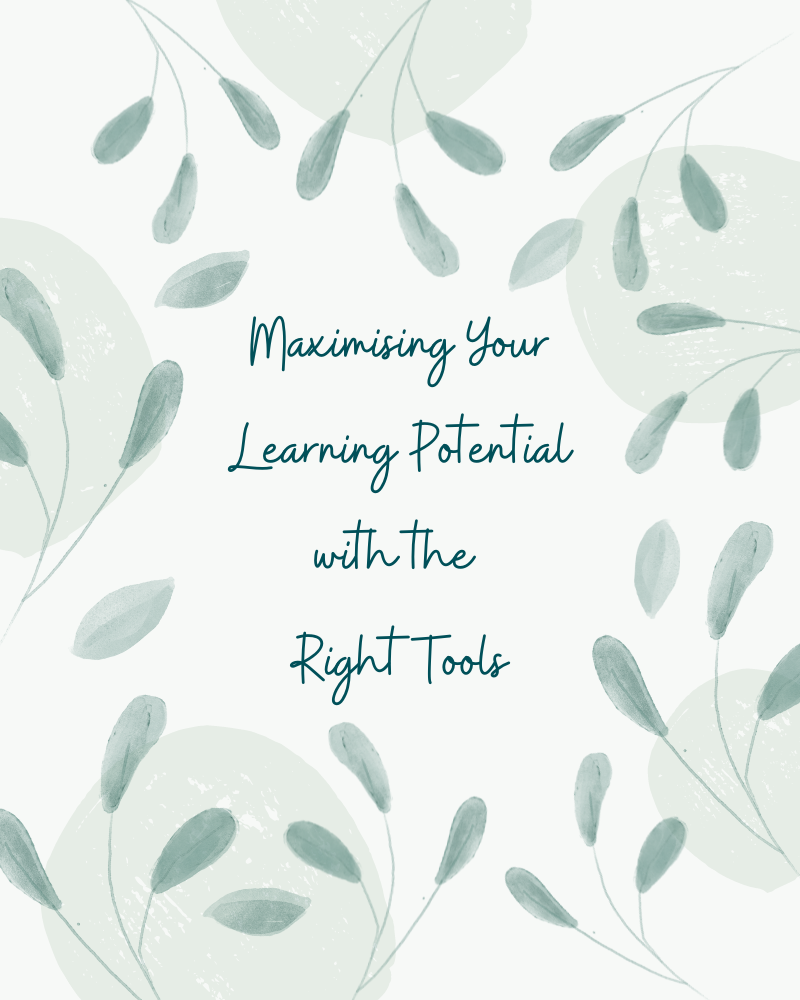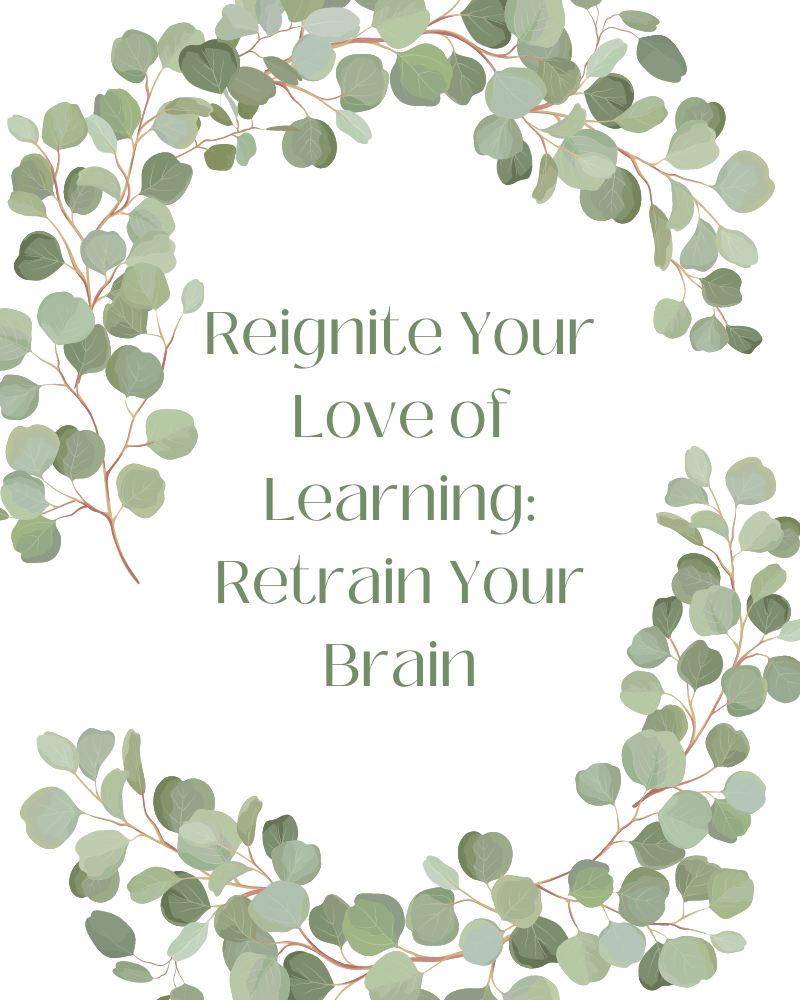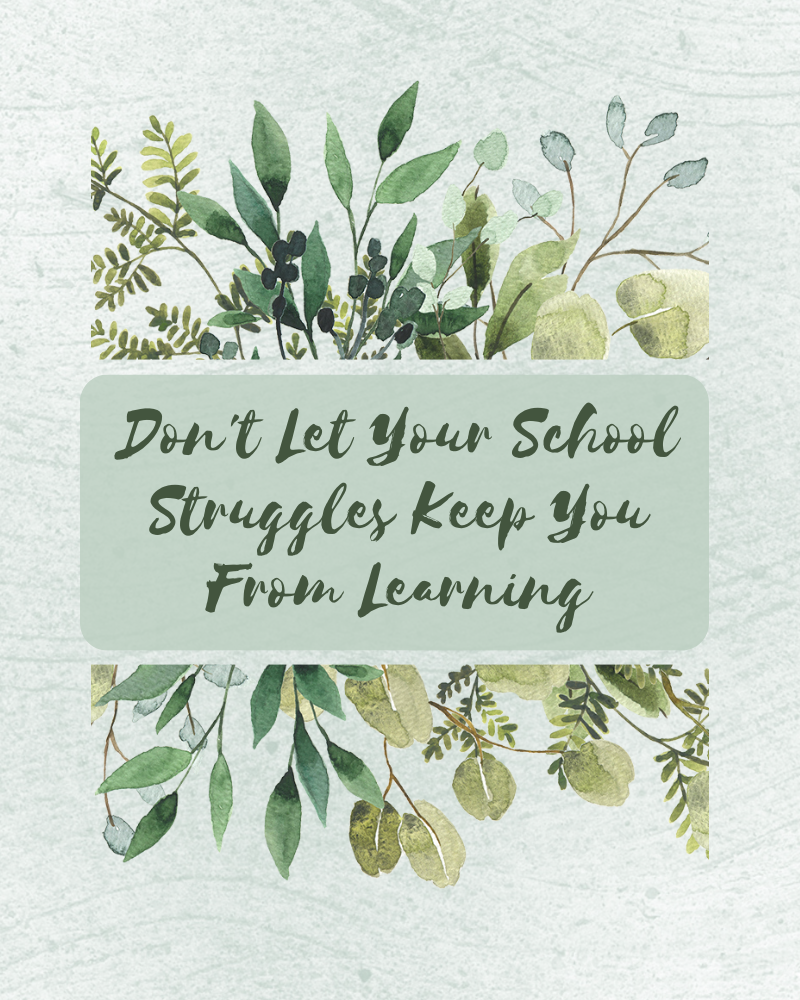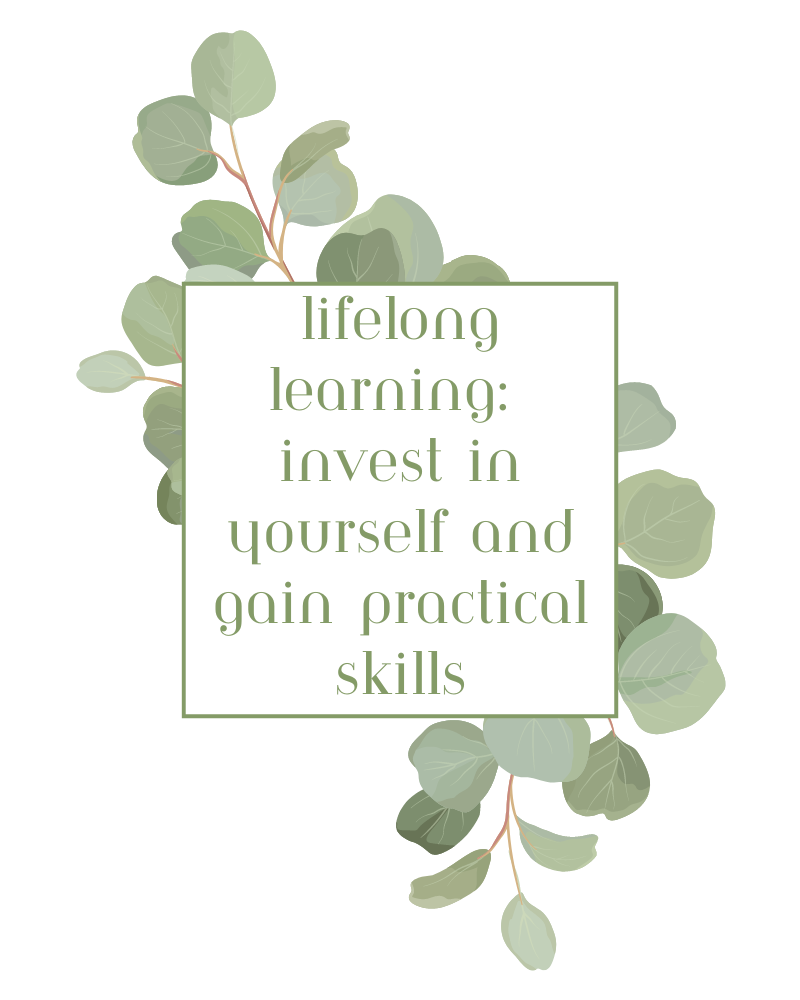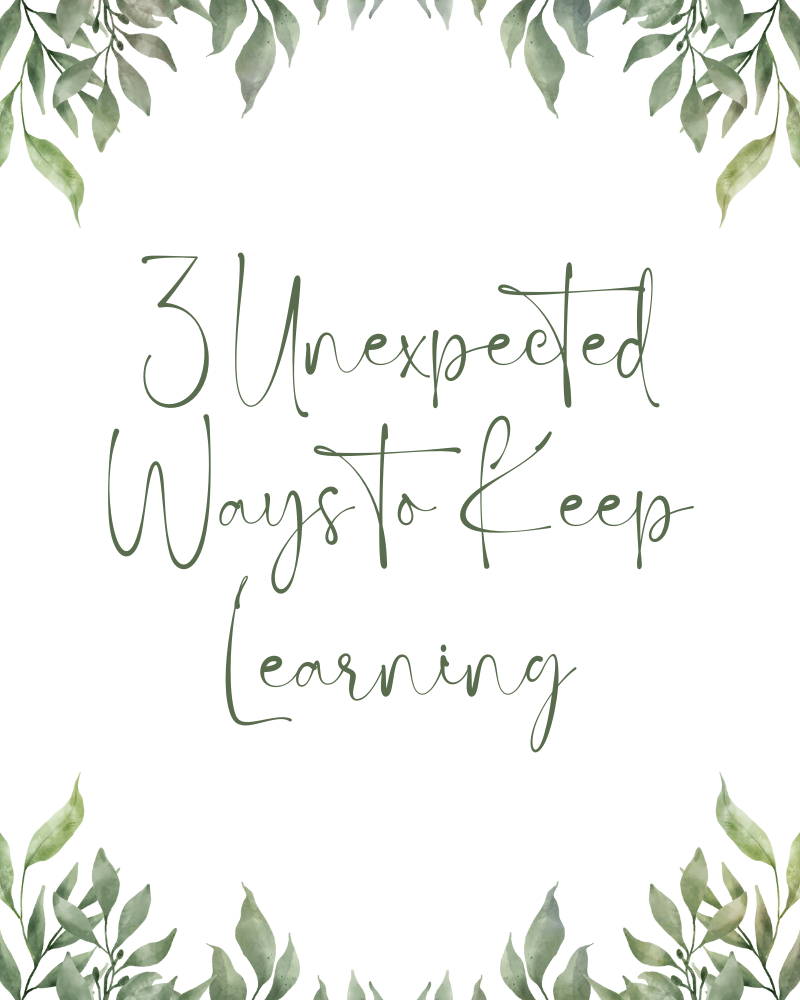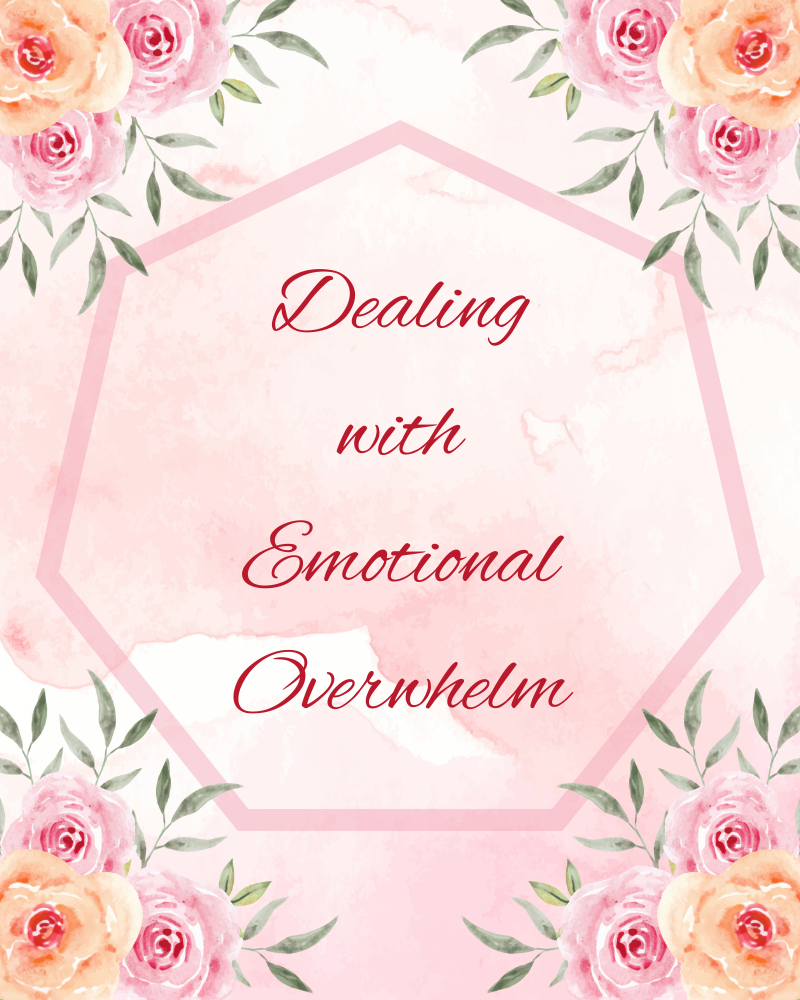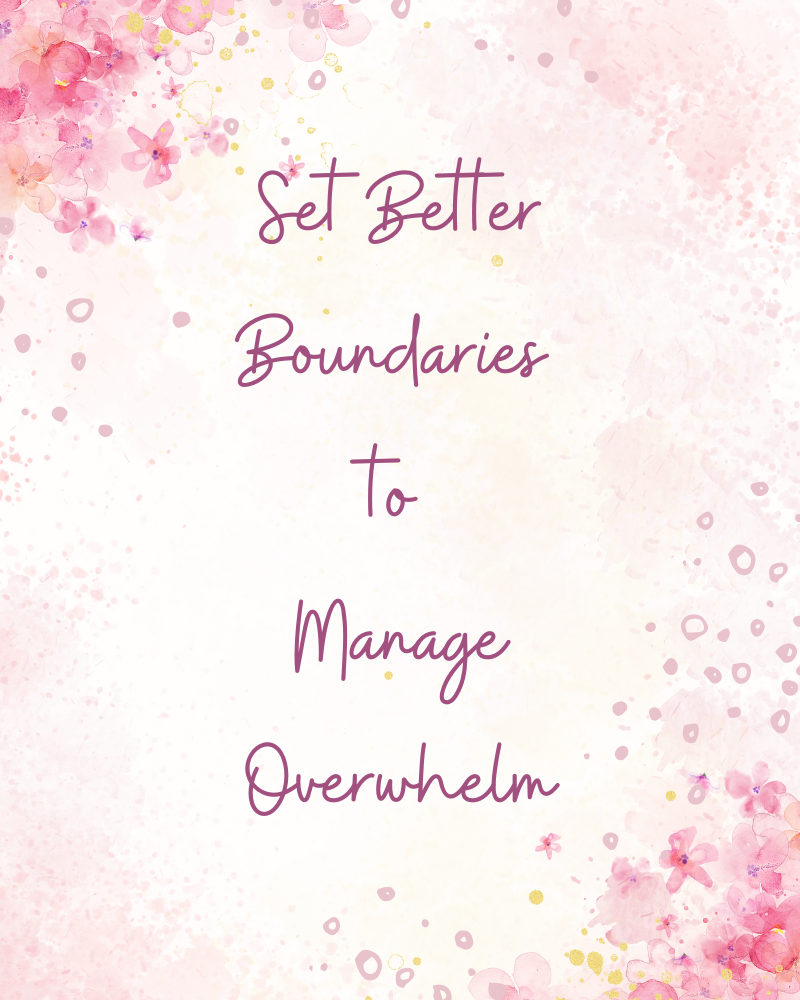Still looking for ways to become a lifelong learner? Teaching can be an incredibly rewarding way to help you embrace a lifetime of learning. Whether you are an experienced educator or a novice, teaching can provide you with the skills and tools to become an enthusiastic learner. In this blog post, we’ll explore the art of learning through teaching and how it can help you develop a passion for knowledge.
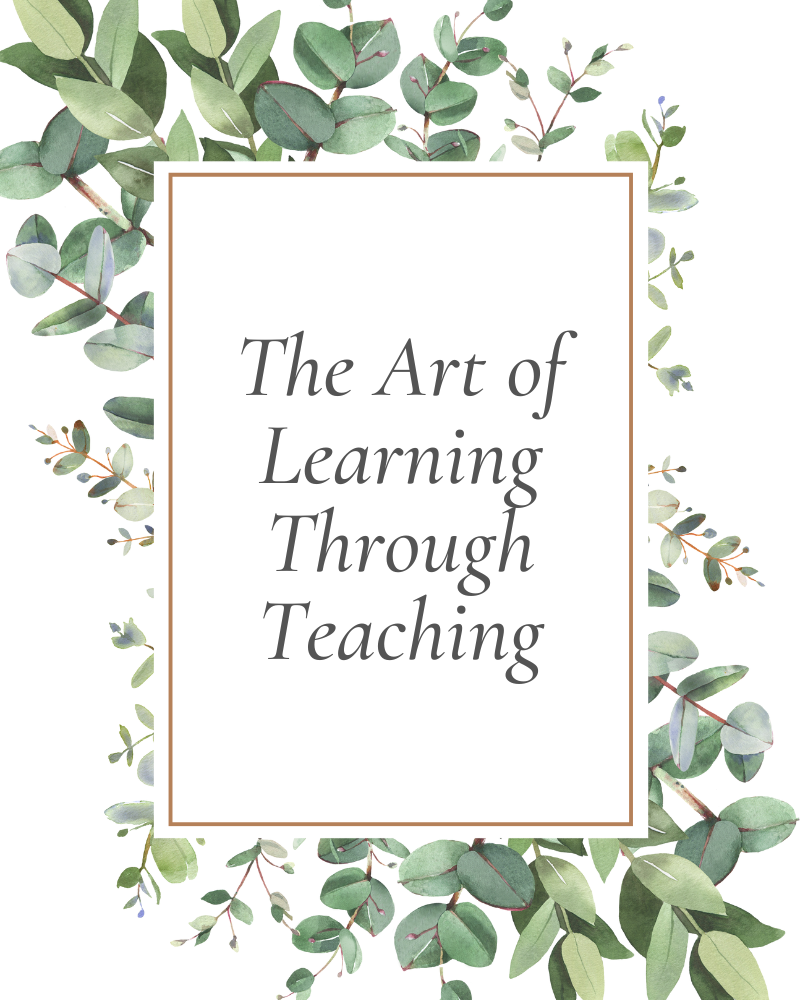
As you teach, you learn. Teaching is an amazing way to expand your own knowledge. Experienced teachers and educators will tell you that they’re still learning from their students every day. That’s because their students offer a different perspective.
As you continue to teach, you see a student go from a lack of knowledge and perhaps disinterest to being informed and intelligent about some subject. You get to answer questions and hear out their opinions. This gives you a wonderful insight into the mind of another person. You discover that there are so many different ways to look at a problem or particular topic or issue.
Self-improvement can be as easy as learning something new and committing it to memory. Teaching that new thing to someone else is a great way to consolidate your own learning and ensure that you understood it.
When you were in school, your teachers had you explain how you solved a problem. You may not have realised it at the time but this was actually a learning by teaching process. It not only sharpened your problem-solving skills, but also improved your socialisation skills.
Many studies have shown that when you teach something you know, you improve your knowledge retention. You might be thinking, “I already know this stuff inside and out, so why does it matter?” Well, your brain’s like a muscle – it needs exercise to stay sharp.
Just like you can strengthen your physical muscles by lifting weights, your brain needs a workout to get stronger too. Sharing your knowledge with others is a great way to exercise your mind and enhance your memory and recall abilities. It reinforces the neural networks within your brain.
By the way, think out of the classroom. You don’t have to take a traditional teaching role at a university. You can teach your child how to ride a bike. Show a friend the things you had to do to cultivate your beautiful garden. Teach anyone anything, and you improve your mindset regarding learning yourself.
Please don’t think that any teaching needs to be classroom based. Your teaching doesn’t have to be along the lines of the traditional teaching role. You’re bound to have done some informal teaching before this and probably recently. Teaching may involve helping your kids/grandkids how to ride a bike. It can be telling a friend how you get great results – at anything. One of my clients last week shared how he gets the shower screens in his holiday let so clean (I need to buy some distilled vinegar). So don’t be afraid to share your knowledge.
Teaching others can be an incredibly rewarding experience. Your brain grows even if you only know a little about the subject matter. It expands because it’s learning from your actions and the actions of your students.
Stimulating your brain releases feel-good hormones, so you can actually feel happy and content after teaching someone else something new. You begin to crave knowledge yourself because the learning process becomes a positive experience.
Learning is an ongoing journey and teaching is an invaluable tool for helping to embrace a lifetime of learning. By understanding the art of teaching, you can become a better learner, and in turn, a better teacher. Teaching can help you to better understand the material you are learning, to find creative ways to engage with the material, and to develop important skills such as communication and critical thinking. Start teaching others and improve your won learning through teaching.

